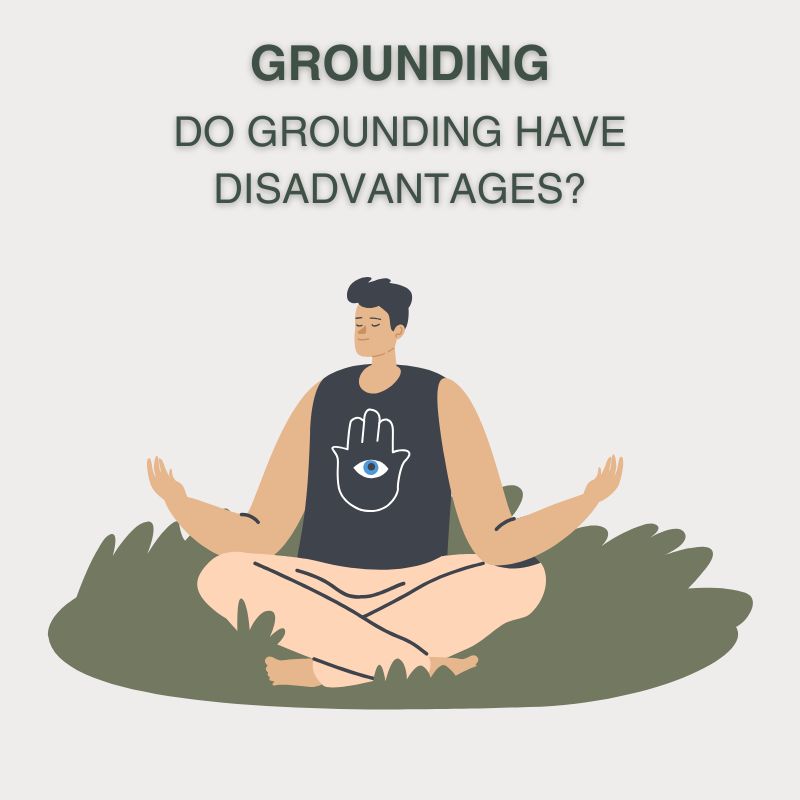
Disadvantages of grounding
Does Grounding Have Any Drawbacks?
Grounding, the practice of connecting the body to the Earth to balance electrical potential, has gained popularity as a method for improving health, enhancing sleep, and reducing inflammation. Advocates emphasize the many benefits of regular barefoot walking, using grounding mats, or sleeping on conductive sheets. However, like any health-supporting practice, grounding may raise questions about potential drawbacks or limitations.
One important factor to consider is the environment in which grounding takes place. Contact with natural ground in forests, on beaches, or in gardens provides the greatest benefits. However, in urban areas where soil may be polluted, walking barefoot carries the risk of exposure to toxins, bacteria, or sharp objects. In such cases, using grounding mats or electrodes allows for safe contact with the Earth's energy in indoor settings.
Some individuals may experience temporary bodily reactions when they begin grounding. This could result from detoxification, muscle tension regulation, or the body's adaptation to a new stimulus. Symptoms such as mild tingling, changes in sleep quality, or temporary fatigue are rare but may occur. If they do, it is advisable to gradually increase grounding time to allow the body to adjust.
Another aspect to consider is the effect of grounding on individuals undergoing certain medical treatments or taking medications, particularly blood thinners. Research suggests that grounding may support natural blood regulation processes, which could enhance the effects of such medications. Therefore, individuals with serious health conditions should consult their doctor before incorporating grounding into their routine.
Additionally, the quality of electrical grounding in buildings can impact the effectiveness of grounding products. Not all electrical systems provide optimal conditions for proper grounding. To avoid potential issues, it is important to use verified grounding products and ensure that the outlet used for grounding mats is correctly grounded.
Conclusion
Grounding is a natural process that benefits most people without major complications. However, like any health-enhancing method, it requires a mindful approach and adaptation to individual needs and environmental conditions. Proper preparation and a gradual introduction of grounding into daily life can maximize its benefits while minimizing potential inconveniences.
